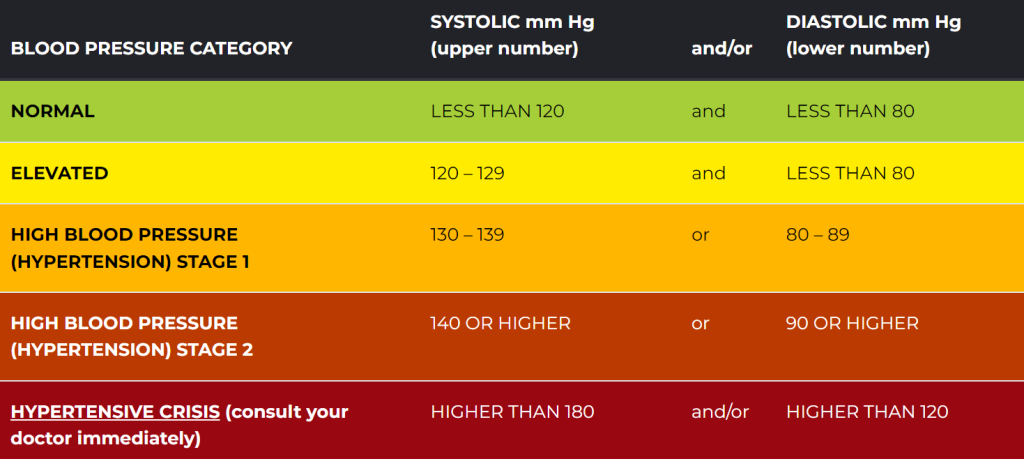Heart-Healthy Foods for November: Seasonal Choices to Boost Your Well-Being
As we settle into November, the crisp fall air brings a delicious variety of seasonal foods that are not only comforting but also great for heart health. These foods are packed with nutrients that support cardiovascular wellness, making them perfect additions to your diet as we head into the colder months. Let’s take a look at some top heart-healthy choices for November!
1. Pumpkin
Pumpkin is more than just a festive decoration; it’s a heart-healthy superfood! Packed with fiber, potassium, and vitamin C, pumpkin helps lower blood pressure and cholesterol levels. Try adding pumpkin puree to soups, stews, or even smoothies to give your heart a healthy boost.
2. Sweet Potatoes
Sweet potatoes are rich in potassium and fiber, which contribute to heart health by helping to manage blood pressure and cholesterol. They’re also a great source of beta-carotene and vitamin C. Roast them as a side dish, add to salads, or make a warming sweet potato soup for a nutritious meal.
3. Dark Leafy Greens
Greens like kale, Swiss chard, and spinach are abundant in antioxidants, fiber, and heart-friendly vitamins like folate and potassium. Leafy greens help reduce blood pressure and lower the risk of heart disease. Add them to salads, and soups, or even blend them into a green smoothie.
4. Cranberries
Cranberries are full of antioxidants and polyphenols that support heart health by reducing inflammation and improving cholesterol levels. They’re also a great source of vitamin C. Enjoy them fresh, dried, or as a sauce alongside your favorite fall dishes.
5. Walnuts
Walnuts are loaded with omega-3 fatty acids, which are known to reduce blood pressure and inflammation. A handful of walnuts makes a perfect snack, or you can add them to salads, oatmeal, or baked goods for a tasty, heart-healthy crunch.
6. Apples
Apples are rich in soluble fiber, particularly pectin, which helps lower cholesterol levels. They also contain flavonoids that benefit heart health. Enjoy apples sliced with almond butter, in a hearty fall salad, or baked with a sprinkle of cinnamon for a warm treat.
Enjoying Heart-Healthy Choices This Fall
Adding these heart-healthy foods to your November menu can help you maintain cardiovascular health while enjoying the comforting flavors of the season. Need guidance on how to incorporate more of these nutritious choices into your diet? NOAH’s nutrition experts are here to help!
Schedule an appointment with a NOAH provider to learn more about heart-healthy eating.
📞 Call 480-882-4545 or visit our website to request an appointment.


